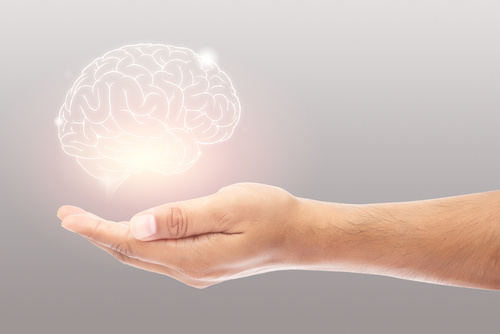Understanding Grief and Addiction
The Mayo Clinic explains “Grief is a strong, sometimes, overwhelming emotion for people, regardless of whether their sadness stems from the loss of a loved one or from a terminal diagnosis they or someone they love have received.” Loss is a normal and unavoidable part of being human, and grief is an emotion that is caused by loss. There are many different plausible causes for grief-related problems, some of which could include: divorce, miscarriage, romantic breakup, moving, losing a job, and/ or death of a loved one. Experiencing grief after a loss is healthy and natural. According to the Diagnostic and Statistical Manual of Mental Disorders (DSM-5), there is mention of a specific disorder, known as persistent complex bereavement disorder, which is described as an individual who experiences intense symptoms of debilitating grief that does not dissipate in the months following the loss, and lasts beyond twelve months. Grief affects the human limbic system by disrupting certain brain chemicals (e.g., serotonin and dopamine). Dopamine is the neurotransmitter associated with one’s reward center and feelings of pleasure. Serotonin is known as one of the chemicals responsible for maintaining one’s mood balance. Drugs and alcohol affect many of the same brain chemicals. Hence, there is a clear link between addiction and grief.
Addiction
Addiction, also known as substance use disorder, is listed in the Diagnostic and Statistical Manual of Mental Disorders, Fifth Edition (DSM-5) as a chronic, relapsing brain disorder. It is characterized by compulsively engaging in rewarding stimuli (e.g., drug seeking behaviors and use) despite harmful consequences. Habitually abusing drugs and/ or alcohol will affect the way one’s brain functions, as one’s body becomes increasingly accustomed to functioning with the presence of the substance in its system. It is not uncommon for an individual struggling with an addiction to experience relationship challenges, negative physiological effects, financial strain, run into legal complications, lack personal hygiene, and an inability to maintain steady employment. Addiction can wreak havoc in all areas of one’s life, as an individual struggling with addiction will prioritize satisfying her drug cravings above all else. There are several contributing factors that can increase one’s susceptibility for developing an addiction (e.g., environmental factors, genetics, the drug of choice, if she abuses other drugs simultaneously, her personal health history, the presence of any co morbid disorders, etc.). The reason behind why an individual develops an addiction remains unknown. When an individual is diagnosed with addiction and any mental health disorder, including persistent complex bereavement disorder, it is called a dual diagnosis.
For Information and Support
Substance abuse and addiction can be incredibly dangerous and can result in severe short and long-term consequences. If you or someone you know is suffering from substance abuse or addiction, please get help as soon as possible. The earlier you seek support, the sooner you and your loved ones can return to leading happy, healthy, and fulfilling lives. There is no reason to go through this alone, and we are here to help. Please feel free to reach out to us for further information or with any questions regarding substance abuse or addiction. We are available anytime via telephone at: 213-389-9964, or you can always email us at: info@friendlyhousela.org.



